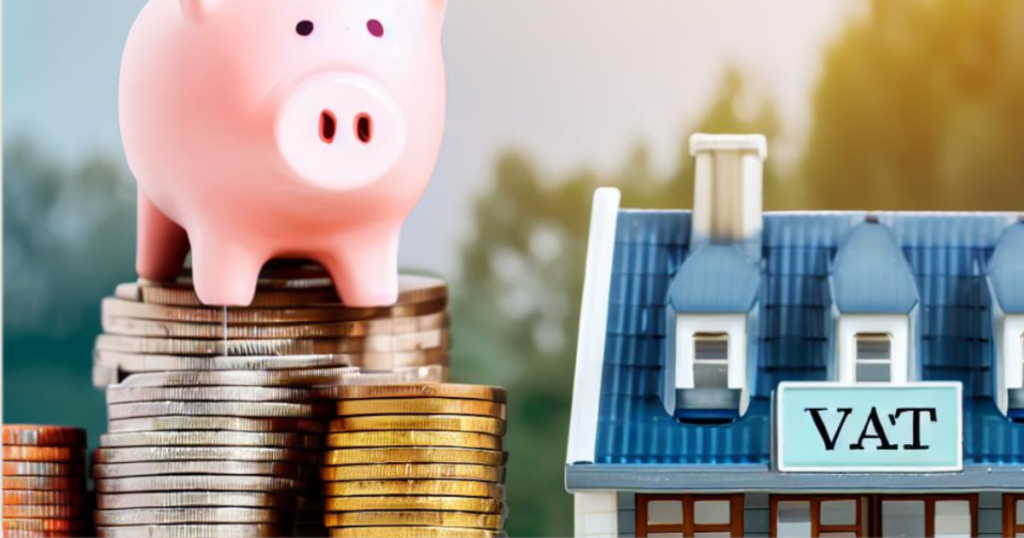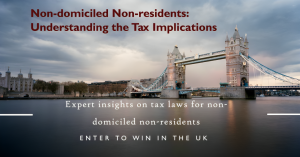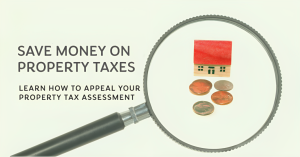Value Added Tax (VAT) can have a major influence on the entire cost when buying a home. However by employing effective strategies it is possible to minimize or even eliminate VAT on property purchase resulting in substantial savings. In this post, we’ll look at several doable strategies for reducing the VAT on real estate transactions so you may invest money more wisely.
Value-added tax is a relatively new type of tax in the UK. The tax was first introduced in 1973 and accounts for about 17% of the government’s total revenue. As a person who deals in the property business, you will collect VAT on sales and pay VAT on purchases. The difference between the VAT collected from the customer and the VAT paid to the supplier is payable to the HMRC of the business.
Basic VAT Rates In The UK
Currently, the standard VAT rate is 20% in the UK. However, investors can also only pay zero-rate or a 5% reduced rate of VAT in some cases.
Typically, if a supply is VATable, you can request a refund of the VAT paid to the suppliers. However, if that supply is exempt, you will not be able to claim back the paid VAT. Hence, it will benefit you the most if you are only charged a zero-rated VAT.
Different Types of VAT in Property Purchase

Residential Lettings
Properties for residential lettings do not have to pay VAT, so most landlords do not have to think about this concern at all. The exemption will apply to all types of residential letting, be it a single-let, a Rent2Rent let, or HMO. However, serviced accommodations like those offered by Airbnb are not exempted and will have to pay the standard rate.
Serviced Accommodations
As we mentioned above, service accommodations are a taxable supply and are levied a 20% surcharge on the total invoiced amount charged to the lodger. However, if the annual sales of the accommodation are less than the VAT registration threshold amount, which is currently £85,000, you are exempted from registering for VAT. However, once your annual sales exceed the amount, you will need to pay the VAT.
If your business is VATable and you haven’t registered it yet, then you will be liable for hefty fines and penalties. Contact our property tax specialists today if you operate a service accommodation business to understand whether VAT applies to you.
Commercial to Residential Conversion
Another way you can get relief from VAT is by converting a commercial property into a residential property. This will make you eligible for zero-rated VAT, which means you can request a refund for the VAT you already paid on the construction work.
Keep in mind, though, that the VAT laws for commercial to residential conversion are quite complex, so it is important to seek the advice of a property tax specialist.
Residential Conversion
If you have a single residential property like a four-bedroom home and you converted it into two flats, you will be eligible for the reduced VAT rate. That means you only have to pay 5% VAT instead of the standard 20%.
You will also be charged a reduced rate if you convert a single residential property into an HMO.
Tips To Save VAT on Property Purchase

Let’s take a look at how property businessmen and investors can save on VAT.
Purchase a New Build Property:
Choosing a new construction property is one of the easiest methods to avoid paying VAT on a real estate purchase. In many countries, newly constructed properties are exempt from VAT, making them an attractive option for potential buyers. By choosing a new build, you can avoid the burden of VAT entirely and enjoy significant cost savings.
Utilize VAT Exemption Schemes:
Certain jurisdictions offer VAT exemption schemes for specific types of properties or buyers. For instance, persons buying their first home or real estate for their own use may be excused from paying VAT. It is essential to research the local regulations and consult with a legal expert to understand the eligibility criteria and requirements for these schemes. Taking advantage of such exemptions can result in substantial savings.
Consider a VAT Group:
In some jurisdictions, forming a VAT group can provide opportunities to save on property purchases. A VAT group allows multiple entities or individuals to come together and be treated as a single taxable entity for VAT purposes. By pooling resources and sharing the VAT liability, members of the group can potentially reduce their overall VAT burden. A tax expert should be consulted to ascertain whether this alternative is accessible and advantageous in your particular circumstance.
Explore Partial VAT Recovery:
A percentage of the VAT paid on a property acquisition may occasionally be recouped. This typically applies to properties used for both residential and commercial purposes, such as mixed-use developments. By demonstrating the commercial usage of the property, you may be eligible to reclaim a portion of the VAT paid. To support your claim, it is necessary to keep the correct documents and to abide by applicable laws.
Engage in Negotiations:
While VAT is a legal requirement, there may be instances where negotiations can lead to savings. For instance, it may be worthwhile to negotiate a lower VAT rate or incentives to offset the VAT costs if you are buying a house from a developer or builder.
While not always successful, skilled negotiation can sometimes yield favorable results, providing savings on your property purchase.
“Are you thinking of getting into the property business but need to understand more about VAT and other taxes work? Reach out to WSPTAX our Property tax accountants and chartered tax advisers today to get expert guidance on property taxes”
Conclusion:
Saving VAT on property purchases requires careful consideration and knowledge of the local regulations. By exploring options such as purchasing new build properties, utilizing VAT exemption schemes, forming VAT groups, considering partial VAT recovery, and engaging in negotiations, you can effectively minimize the VAT burden and maximize your savings.
Remember to consult with legal and tax professionals to ensure compliance and make informed decisions throughout the process.









